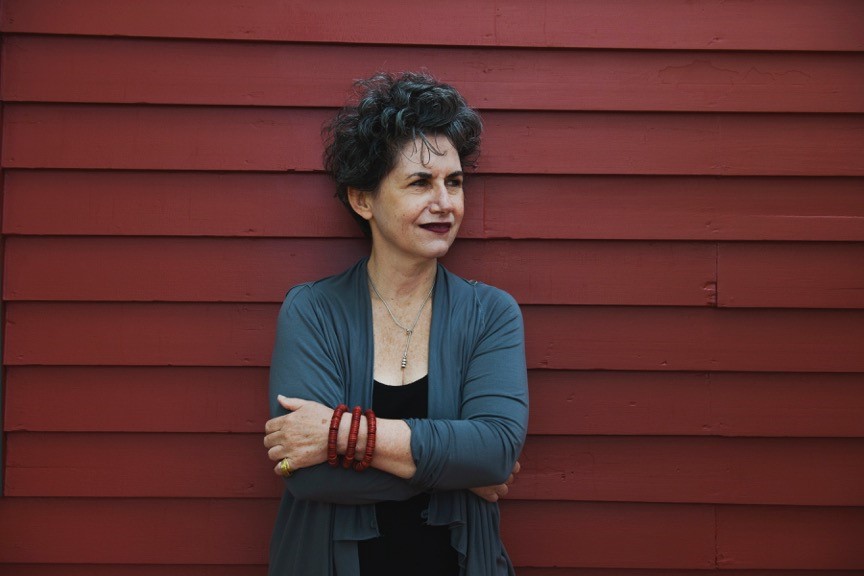In Fall 2016, Nancy Rose Hunt joined the University of Florida as Professor of History & African Studies. We are pleased to report that she recently received the 2016 Martin A. Klein Prize recognizing the most distinguished book in African history (from the American Historical Association).

A Nervous State: Violence, Remedies, and Reverie in Colonial Congo (Duke University Press) involved over ten years of archival, ethnographic, and historical research in Congo, Belgium, the UK, and even Nashville, Tennessee on everyday life, therapeutic practice, and infertility investigations, following atrocious violence and rape in King Leopold’s Congo Free State. Hunt urges her readers to think in terms of two juxtaposed, though intersecting faces or moods to a modern colonial state. One is ‘nervous’, the other ‘biopolitical’, and she suggests that these shifting state practices continue into the early 21st century Africa, as security and medical operations combine and cross in global health, humanitarian, and peace-keeping interventions. In colonial Congo, the nervous state became paranoid; it culminated in a penal colony that imprisoned the many ‘therapeutic rebels’ of Hunt’s history. The biopolitical state was more humanitarian, demographic, and medical, even motivated by guilt following the international scandals that surrounded the Congo Free State; this face of the state investigated barrenness and STDs in Equateur, a region that knew much rape and other bodily terror practices in these early colonial years. Intertwining religious imaginations with biomedicine, police operations, and fierce subaltern insurgences fueled by reverie (daydreaming about postcolonial futures), Hunt connects her multidimensional colonial history to contemporary strategies in Congo’s eastern warzones, where rape has returned as a strategy used to terrorize and denigrate enemies while both biopolitical and securitizing campaigns remain active.
Nancy received a PhD in History in 1992 from the University of Wisconsin-Madison, after studying the humanities as an undergraduate at the University of Chicago. She first went to Africa as a special student at the University of Ghana in 1975-76, and later received a Fulbright to do MA women’s history research in Bujumbura, Burundi. After five years teaching at the University of Arizona, she accepted a cross-school “World Health Culture/Practice” post at the University of Michigan. It landed her with a professorship in History and because of her scholarship on childbirth in central Africa also in the Department of Obstetrics/Gynecology (where African collaborations were already strong under chair, Dr. Tim Johnson). Over her 19-year Michigan career, she worked closely with the Joint PhD Program in Anthropology & History, taught medical students about narrative and global women’s health, co-edited Gender & History, and ran a major humanities research training program in Accra (Legon plus Korle-Bu) which included Ghanaian clinicians, nurses, geographers, historians, and anthropologists in ethnographic story-writing, film-making, and site-based, team analytics of gender, life cycle, and risk, ranging from beauty salons to eclampsia, AIDS, and backstreet abortions.
Hunt’s first book, A Colonial Lexicon: Of Birth Work, Medicalization, and Mobility (Duke, 1999), received the Herskovits Book Prize from the African Studies Association, and its storytelling in many ways guided much of her transnational work in the medical humanities. Her current work ranges from the sequential arts in Congo, a compact global history of health and harm, and a cross-empire analysis of madness and mental health in colonial Africa. Her fieldwork has taken her to Zaire-Congo, Ghana, and Burundi. She speaks English (native), French, and Swahili, while her reading skills in Lokele and Lomongo have enabled much analysis of vernacular texts.